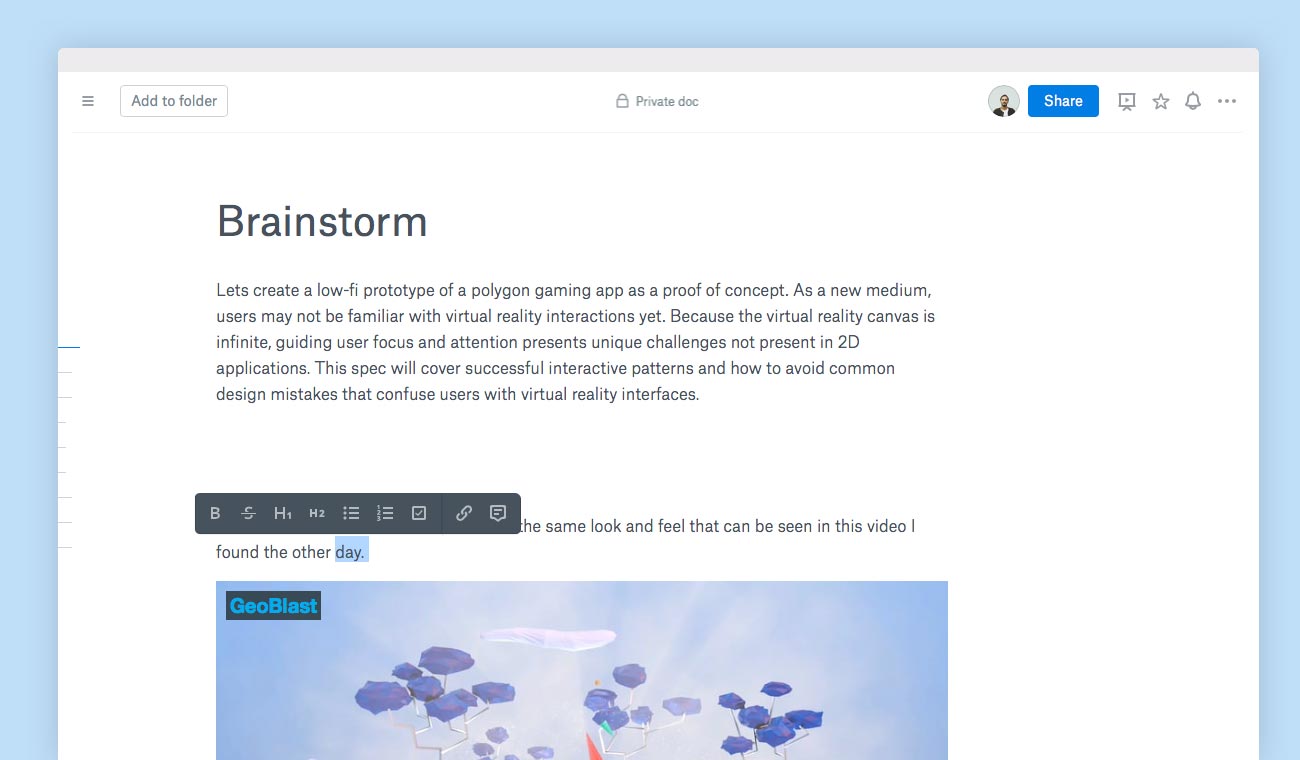Dropbox has become a household name when it comes to cloud storage solutions. But recently, there's been a buzz around so-called "dropbox nude links." Now, before you get all worked up or intrigued, let's dive into what this really means and separate fact from fiction. If you're wondering how this affects you or your online security, we’ve got you covered.
You might be thinking, "What the heck are dropbox nude links?" Well, buckle up because we're about to break it down for you in a way that's easy to understand. In simple terms, these are links supposedly leading to private or explicit content hosted on Dropbox. But here's the twist—most of them are scams or hoaxes designed to trick unsuspecting users.
Now, why should you care? In today's digital age, your online safety is more important than ever. Understanding the risks associated with these kinds of links can help protect you and your personal information. So, let's explore this topic further and arm yourself with knowledge to stay safe online.
Read also:Tori Deal Nude A Comprehensive Exploration Of Privacy Consent And Digital Ethics
What Exactly Are Dropbox Nude Links?
Let’s start with the basics. Dropbox nude links refer to URLs allegedly pointing to folders or files containing private or explicit material stored on Dropbox. These links often circulate on social media platforms, forums, or even via direct messages. But here's the catch—most of them aren't legit.
Many of these links are created by scammers to phish for personal information or spread malware. They prey on people's curiosity, leading them to click without thinking twice. Dropbox itself has strict policies against hosting such content, and they actively monitor their platform to remove any violations.
How Do These Links Work?
Imagine this scenario: You're scrolling through your social media feed, and suddenly you see a post claiming to have "exclusive" access to private photos. The post includes a Dropbox link, tempting you to click. Once you do, you might be asked to enter your email or download a suspicious file.
Here's the reality: These links often lead to fake pages designed to steal your information or install malicious software on your device. Scammers use psychological tricks to exploit your curiosity, and before you know it, you've fallen into their trap.
Why Are People Sharing Dropbox Nude Links?
There are several reasons why people share these links. Some do it out of genuine curiosity, while others might be trying to prank their friends. However, the majority of these shares are part of a larger scam operation. Here are a few common motives:
- To gather personal data like email addresses or login credentials.
- To distribute malware or ransomware to unsuspecting victims.
- To generate clicks and traffic for affiliate marketing schemes.
- To spread fear or misinformation for entertainment purposes.
Regardless of the intent, sharing these links can have serious consequences, both for you and others involved.
Read also:Christina Hendricks Nudes Separating Facts From Fiction
Is It Illegal to Share These Links?
Yes, sharing explicit or private content without consent is illegal in many countries. Depending on the nature of the content, it could fall under various categories of cybercrime, including revenge porn or child exploitation. Even if the content turns out to be fake, spreading these links can still lead to legal trouble.
Dropbox takes this issue very seriously and works closely with law enforcement agencies to address such violations. They have a dedicated team that investigates reports of inappropriate content and takes swift action to remove it.
How to Identify Fake Dropbox Nude Links
Spotting fake links isn't always easy, but there are some telltale signs to watch out for. Here are a few red flags:
- The link comes from an unverified or unknown source.
- It promises access to "exclusive" or "sensitive" content.
- It asks you to enter personal information or download additional software.
- The URL looks suspicious or doesn't match Dropbox's official domain.
Always remember, if something seems too good to be true, it probably is. Trust your gut instinct and avoid clicking on links that seem sketchy.
What Should You Do If You Encounter These Links?
If you come across a Dropbox nude link, the best course of action is to ignore it and report it. Most social media platforms and messaging apps have options to flag or block suspicious content. Additionally, you can report the link directly to Dropbox through their abuse reporting system.
By taking these steps, you're not only protecting yourself but also helping to prevent others from falling victim to these scams.
Dropbox's Stance on Explicit Content
Dropbox has a clear policy regarding explicit or illegal content. According to their terms of service, users are prohibited from storing or sharing material that violates local laws or infringes on others' rights. They employ advanced algorithms and human moderators to detect and remove such content promptly.
Dropbox also encourages users to report any suspicious activity they encounter. By doing so, you contribute to maintaining a safe and secure environment for everyone using their platform.
How Does Dropbox Protect User Data?
Security is a top priority for Dropbox. They use industry-standard encryption protocols to safeguard user data both in transit and at rest. Additionally, they offer features like two-factor authentication (2FA) to add an extra layer of protection to your account.
In case of a data breach, Dropbox has a robust incident response plan in place to minimize damage and notify affected users as quickly as possible. Their commitment to transparency and accountability sets them apart from many other cloud storage providers.
The Risks of Clicking on Dropbox Nude Links
Clicking on suspicious links can have serious consequences. Here are some potential risks:
- Malware infection: Downloading unknown files can lead to malware or ransomware attacks, compromising your device and data.
- Phishing scams: Fake login pages can trick you into revealing sensitive information, such as passwords or credit card details.
- Reputation damage: Sharing or viewing explicit content without consent can harm your reputation and lead to legal issues.
- Financial loss: Some scams involve charging you for "exclusive" content that turns out to be fake or worthless.
By avoiding these links altogether, you can significantly reduce your risk of falling victim to these dangers.
How to Protect Yourself Online
Staying safe online requires a combination of awareness and proactive measures. Here are a few tips to help you protect yourself:
- Enable two-factor authentication (2FA) on all your accounts.
- Use strong, unique passwords and consider a password manager.
- Be cautious when clicking on links from unknown or untrusted sources.
- Keep your software and antivirus programs up to date.
- Regularly back up your important files to avoid data loss.
By following these best practices, you can create a safer online environment for yourself and your loved ones.
Real-Life Examples of Dropbox Nude Link Scams
There have been several high-profile cases involving Dropbox nude link scams. One notable example involved a fake celebrity photo leak that circulated widely on social media. Thousands of people clicked on the links, only to find themselves redirected to phishing sites or infected with malware.
In another case, a group of scammers targeted college students by sharing fake links to private party photos. Many students fell for the trick, resulting in significant data breaches and reputational damage.
Lessons Learned from These Incidents
These real-life examples highlight the importance of staying vigilant online. Scammers are constantly evolving their tactics, so it's crucial to remain informed and cautious. By learning from these incidents, we can better protect ourselves and others from falling prey to similar scams in the future.
Conclusion: Stay Safe and Informed
In conclusion, Dropbox nude links are mostly scams designed to exploit your curiosity and compromise your security. By understanding how these scams work and taking steps to protect yourself, you can minimize your risk and enjoy a safer online experience.
We urge you to share this article with your friends and family to help spread awareness about this issue. Together, we can create a more secure digital world. And remember, if you ever encounter a suspicious link, don't hesitate to report it to the appropriate authorities.
Have you ever come across a Dropbox nude link? What steps do you take to stay safe online? Let us know in the comments below, and don't forget to check out our other articles for more tips and insights.
Table of Contents
- What Exactly Are Dropbox Nude Links?
- Why Are People Sharing Dropbox Nude Links?
- How to Identify Fake Dropbox Nude Links
- Dropbox's Stance on Explicit Content
- The Risks of Clicking on Dropbox Nude Links
- How to Protect Yourself Online
- Real-Life Examples of Dropbox Nude Link Scams
- Conclusion: Stay Safe and Informed


